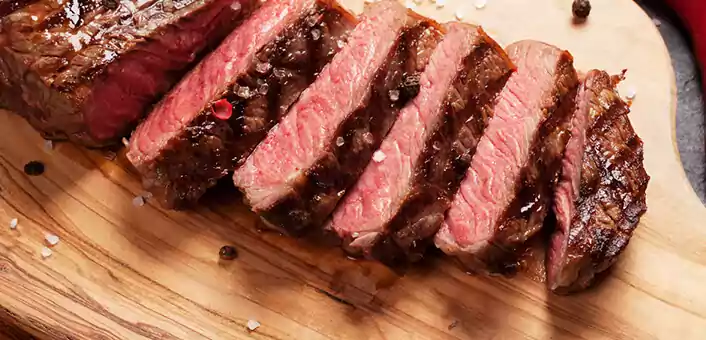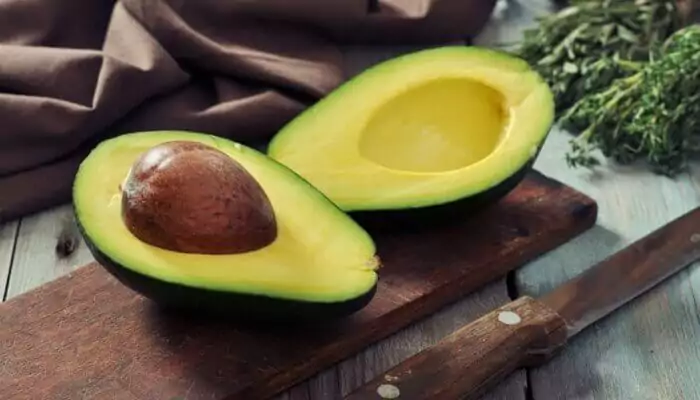PCOS test is based on the Rotterdam criteria for diagnosing PCOS.

Acid Reflux
Your stomach produces acid to help digest food. The food passes from your esophagus into your stomach, after which a flap (called the lower esophageal sphincter muscle) closes and separates the stomach from the esophagus. This flap is only meant to open while swallowing and belching.
However, there are multiple ways in which this flap opens when it is not meant to. Increased pressure in the stomach (intra-abdominal pressure) forces the esophageal flap to open and pushes stomach contents, including acid, into your esophagus. Foods that alter the functionality of the flap, either through relaxation or damage to cells, also lead to acid escaping from the stomach into the esophagus. The stomach acid in your esophagus then causes the burning sensation that is one of the many symptoms of acid reflux.
Do remember that the right solution to acid reflux is to increase the quality of the stomach acid, so that you are able to digest all foods well. That often requires working with a holistic practitioner to identify which parts of the digestion are broken. Dietary supplements such as digestive enzymes and raft forming alginates may be used during the healing phase, to help you produce and tolerate good quality stomach acid better. In the meanwhile, avoiding these foods can help you avoid acid reflux attacks.

Whole grains tend to form a large part of our staple diet. However, most basic grains like wheat, wild and brown rice, rye and wholemeal bread/pasta are highly acidic foods. These can be consumed in moderation (after soaking and sprouting them correctly to eliminate the acidity inducing natural chemicals covering them). They can be replaced in meals by more alkaline options like quinoa, millet, buckwheat or oats.

Chicken, beef, fish and other meats tend to be some of the more prevalent acidic foods. Red meat is especially detrimental to acid reflux since it is also high in fat content. Good alternatives to meats include tofu, soy foods and sprouts. When you eat meat, stick to low fat meat, like turkey or lean chicken. Limit this to twice a week and chew your meat really well, as it is harder to digest. Freshwater fish also tend to be less acidic than ocean fish.

What’s your poison? Alcohol relaxes the muscles in your body, including the lower esophageal sphincter muscle. This allows more stomach acid to enter esophagus, thus increasing acid reflux. Moderating the volume and frequency of your alcohol consumption may prevent some of that acid from leaving your stomach.
Watch your mixers! Avoid mixing your drink with acidic juices (like orange juice) or sodas. Instead, opt for low-acid juices like watermelon or apricot.

Several studies have found links between obesity and acid reflux. High-fatty foods, major contributors to obesity, are unsurprisingly among the primary antagonists of acid reflux symptoms. Fried, greasy and processed foods with saturated fats are obvious culprits. However, even otherwise healthy dairy products like butter and cheese also contain fats that exacerbate acid reflux.

Spicy foods work similarly to fatty foods in aggravating acid reflux. Cut out chillies and chilli powder from your meals. Instead, you can use several other flavour enhancers like cinnamon, herbs, ginger and sea salt.

Surprised? Avocados have a high level of natural fats that, while usually healthy, do not favour those who have acid reflux. If you have mild reflux and are trying to consume fewer dairy and processed fats, avocados maybe a healthier option for you. However, those with more severe acid reflux may have to avoid them altogether.

Carbonated drinks contain a lot of air that gets trapped inside your stomach, increasing lower esophageal sphincter pressure. You can easily replace sodas in drinks with water, or alternatively consume naturally flavoured waters and low-acid juices.

Cocoa is naturally acidic. When combined with milk and sugar, it increases reflux symptoms. If you consume chocolate on a regular basis, it may be beneficial to reduce to about one small serving a week. Dark chocolate also works better than milk or white chocolate.

Coffee and other caffeinated products have been shown to increase the frequency and severity of acid reflux symptoms. This often occurs when people consume a large cup of coffee right after their meals. Try drinking less coffee (decaffeinated coffee doesn’t always help) or switch to green or lemon tea.

Fruits can be tricky. While most of them are healthy snack or breakfast options, some acidic fruits can do more harm than good. Examples include apples, oranges, bananas, berries, peaches and papayas. Try consuming more alkaline (yet equally delicious) fruits like grapefruits, cantaloupes, nectarines, currants and watermelons. Switch processed fruit juices with fresh-pressed juices and vegetable juices.
Kaltenbach T, Crockett S, Gerson LB. Are Lifestyle Measures Effective in Patients With Gastroesophageal Reflux Disease?An Evidence-Based Approach. Arch Intern Med. 2006;166(9):965-971. doi:10.1001/archinte.166.9.965
PEHL, C., WENDL, B. and PFEIFFER, A. (2006), White wine and beer induce gastro-oesophageal reflux in patients with reflux disease. Alimentary Pharmacology & Therapeutics, 23: 1581–1586. doi:10.1111/j.1365-2036.2006.02922.x
Mark Fox , Carole Barr, Suzanne Nolan, Miranda Lomer, Angela Anggiansah, Terry Wong. The Effects of Dietary Fat and Calorie Density on Esophageal Acid Exposure and Reflux Symptoms. Clinical Gastroenterology and Hepatology, Official Clinical Practice Journal of the AGA Institute. 28 Mar 2007. https://dx.doi.org/10.1016/j.cgh.2006.12.013